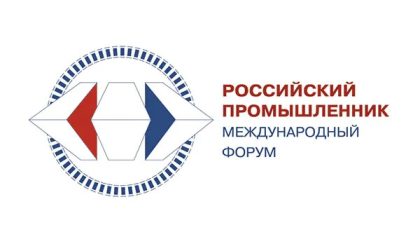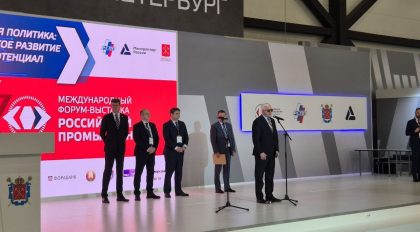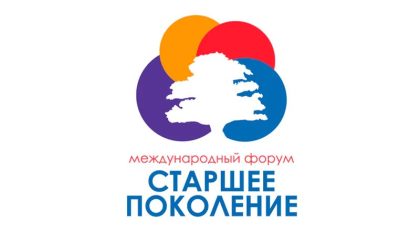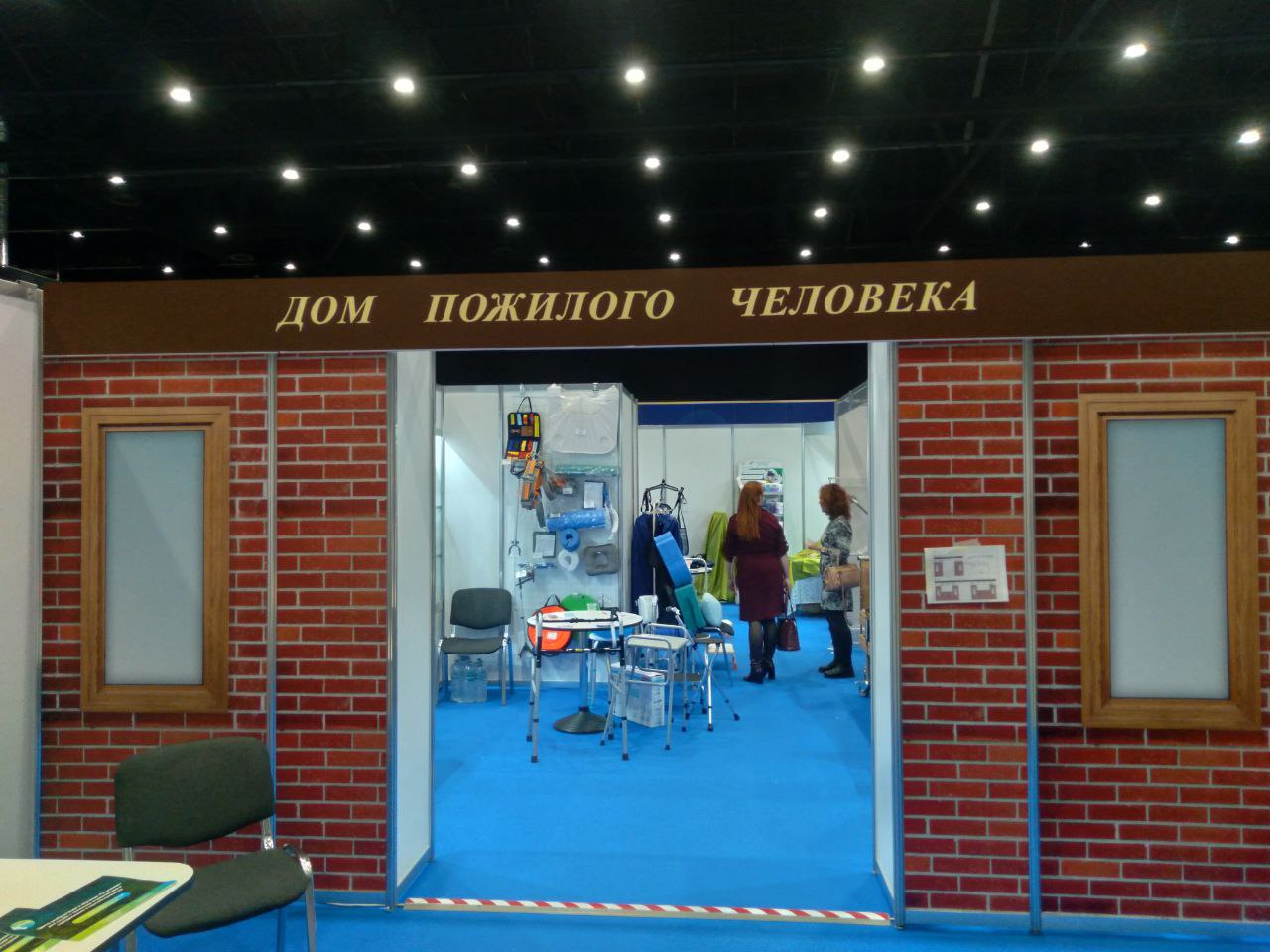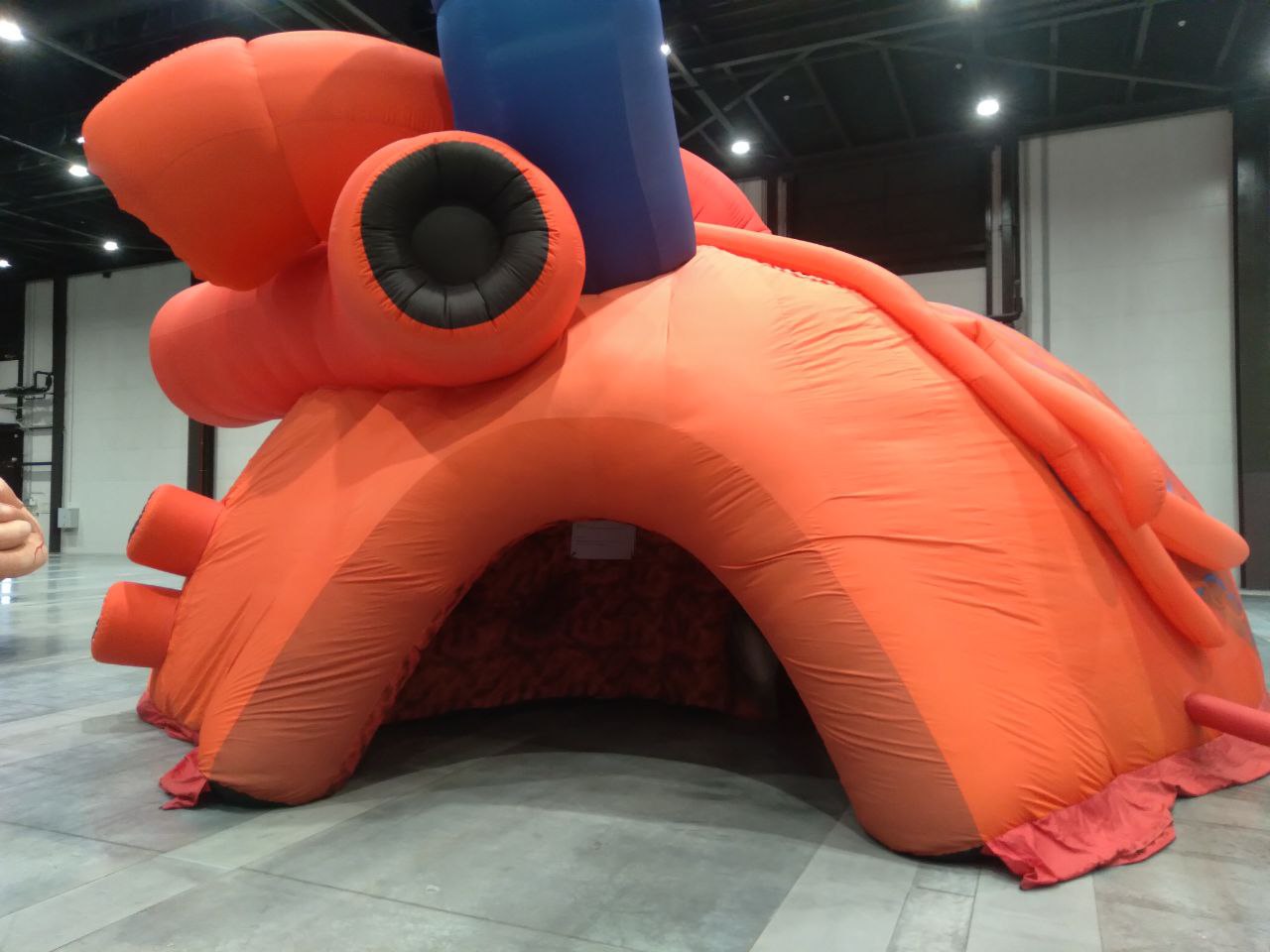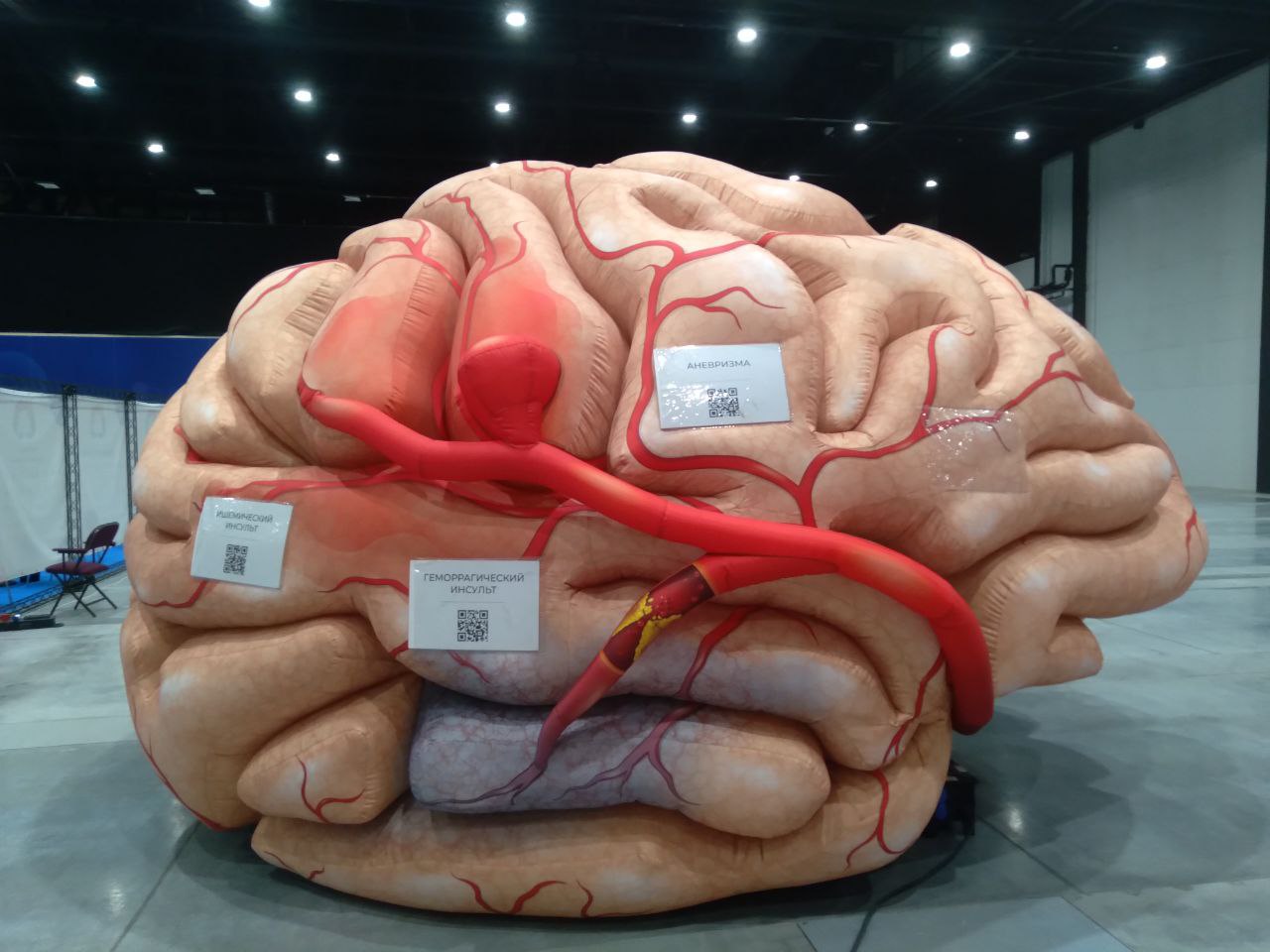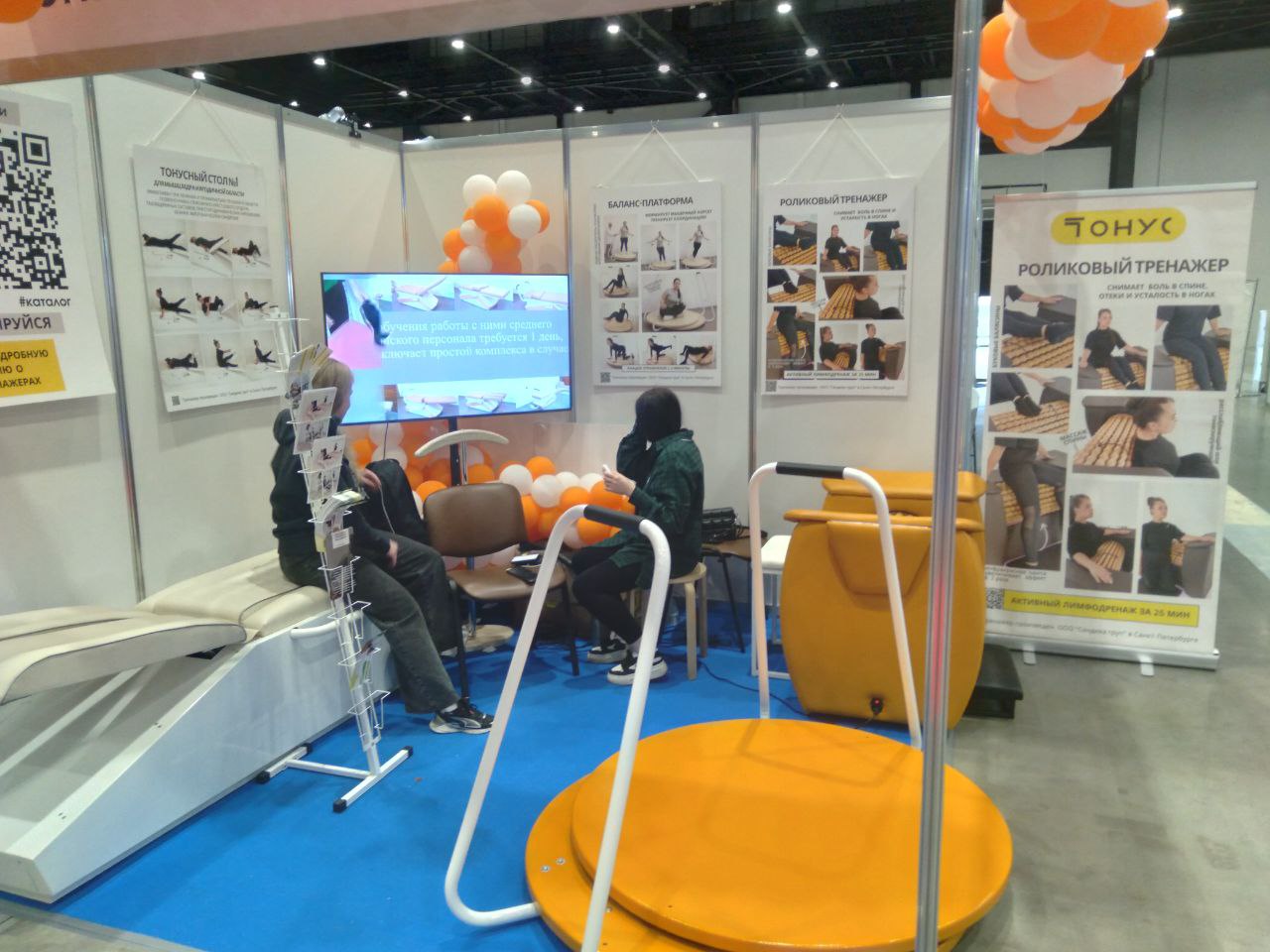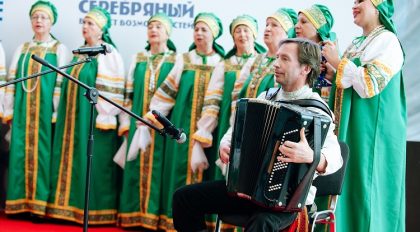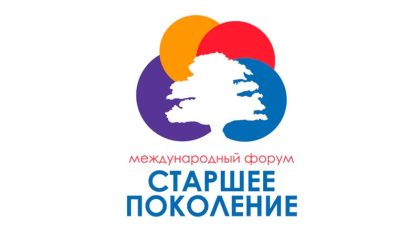On November 27, 2024, as part of the International Forum-Exhibition «Russian Industrialist», the meeting of the RUIE Coordination Council for the Northwestern Federal District was held.
The impact of the current discount rate of the Central Bank on the economic situation and the implementation of investment programs was discussed.
The meeting was attended by Aleksandr Shokhin, President of the Russian Union of Industrialists and Entrepreneurs, Sergey Mytenkov, Vice President of the RUIE, Managing Director of the RRUIE Regional Development Department, Aleksey Mordashov, Chairman of the RUIE Committee on Integration, Trade and Customs Policy and WTO, Chairman of the Board of Directors of «Severstal» PJSC, Pavel Isaev, Executive Secretary of the RUIE Committee on Integration, Trade and Customs Policy and WTO, Anatoly Turchak, President of the Union of Industrialists and Entrepreneurs of St. Petersburg, Mikhail Lobin, General Director of the Union of Industrialists and Entrepreneurs of St. Petersburg, representatives of the Russian Union of Industrialists and Entrepreneurs of Novosibirsk, Murmansk and other Regions.
Aleksandr Shokhin, President of the Russian Union of Industrialists and Entrepreneurs, recalled that Russia is one of the three countries with the highest key interest rate. He noted that it is necessary to link the rate to the real inflation rate.
«The ideal model is to take a pause on the rate hike until April and see if the threats that business is talking about manifest themselves in terms of investments, etc. If the economy adapts, it will be great, then we can hold this rate. If it turns out that the parameters have come down, it will be possible to conduct an experiment on reducing the rate to 15–16%», said Aleksandr Shokhin, adding that when the rate was raised in 2022, concessional lending opportunities for backbone enterprises emerged in parallel, and benefits for SME investment projects were introduced.
«Today we propose to look at these instruments for their re-use», added the RUIE head.
«The existence of a formula for linking the rate to inflation is the element of predictability of financial policy. Consistency between the Central Bank and the government, balanced compromise solutions between financial authorities and business, and development institutions are major objectives in 2025», said Aleksandr Shokhin.
He also noted that the proposals of the Russian Union of Industrialists and Entrepreneurs to finalize the package of tax adjustments were taken into account when developing the relevant project. In particular, this affected the right of investment deduction to compensate for the increase in income tax.
«With the increase in income tax, we believed that actively investing companies should be entitled to an automatic federal investment tax deduction of up to 8%, that is, the right to zero the federal portion of income tax», said Aleksandr Shokhin.
This is due to the fact that, according to the head of the Russian Union of Industrialists and Entrepreneurs, the increase in the income tax rate should not be sensitive for companies involved in investing.
«And we have seen justice here in the fact that for investing companies, the increase in the income tax rate will not be sensitive», he stressed.
Pavel Isaev, Executive Secretary of the RUIE Committee on Integration, Trade and Customs Policy and WTO, Deputy CEO of «Severstal», noted that 2022 was the maximum year in terms of investment, and today business is hostage to the situation with a constant increase in the key rate.
«Today, most of the corporate loans are taken out at a floating rate, as the business did not expect that the rate would be so high for 16 months. And currently, business is hostage to the situation, they are forced to restructure their debts at high rates, which has a bad effect on the investment capacities of enterprises», said Pavel Isaev, adding that inflation in the Russian Federation is non-monetary.
«High inflation is due to the fact that the country’s economy has been in a very difficult transformation since the 1990s, and is forced to enter new markets, as its access to old ones is complicated. The costs associated with the limitation of the payment infrastructure and insurance capacities are high. Additional pressure is exerted by the severe shortage of personnel in almost all sectors, the demographic pit, and the diversion of personnel from the economy to the SVO (Special Military Operation)», explained Pavel Isaev.
Following the meeting, it was decided to form the consolidated position of the Coordination Council of the Russian Union of Industrialists and Entrepreneurs for the Northwestern Federal District on the strategy and tactics for further solving the problem of high cost of borrowed funds. In future, it is planned to create the effective platform for discussion in the format of a working group of the Bank of Russia and the Russian Union of Industrialists and Entrepreneurs.
The International Forum-Exhibition «Russian Industrialist 2024» takes place on November 26–28 in St. Petersburg, at the EXPOFORUM Convention and Exhibition Centre. «Russian Industrialist» is the major international discussion platform in Russia, for analyzing trends in developing the industrial complex, determining the main areas of economic growth and finding optimal solutions to overcome existing challenges. This year, the key tracks of the Forum were: industrial development prospects, technological sovereignty, customer orientation, workers and engineers, young industrialists and entrepreneurs, open industry, international cooperation.
The Russian Union of Industrialists and Entrepreneurs has traditionally acted as a co-organizer.
